EDITORIAL
Published on 03 May 2018
Editorial: Long-Term Consequences of Adolescent Drug Use: Evidence From Pre-clinical and Clinical Models
doi 10.3389/fnbeh.2018.00083
- 28,746 views
- 24 citations
17k
Total downloads
150k
Total views and downloads
Select the journal/section where you want your idea to be submitted:
EDITORIAL
Published on 03 May 2018
ORIGINAL RESEARCH
Published on 07 Dec 2017
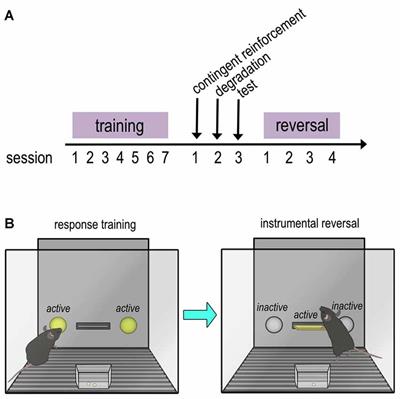
ORIGINAL RESEARCH
Published on 28 Nov 2017

ORIGINAL RESEARCH
Published on 13 Nov 2017
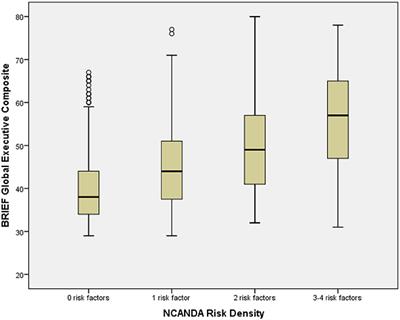
ORIGINAL RESEARCH
Published on 03 Nov 2017
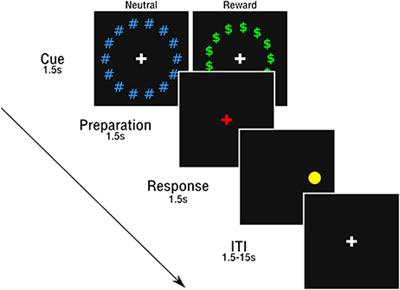
ORIGINAL RESEARCH
Published on 29 Sep 2017
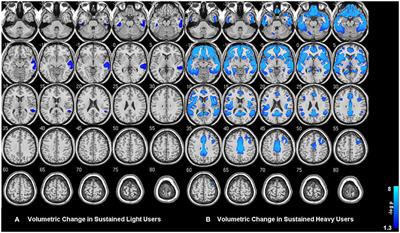
ORIGINAL RESEARCH
Published on 07 Sep 2017
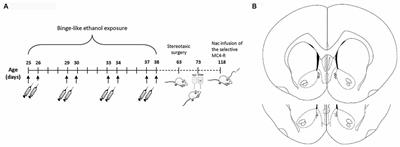
ORIGINAL RESEARCH
Published on 17 Aug 2017
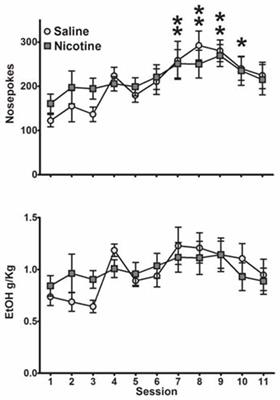
ORIGINAL RESEARCH
Published on 14 Aug 2017
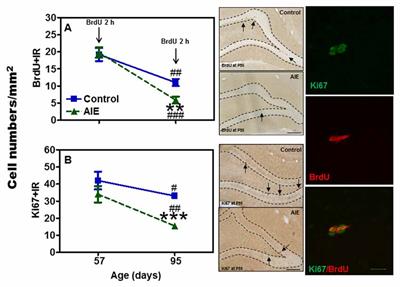
ORIGINAL RESEARCH
Published on 25 Jul 2017
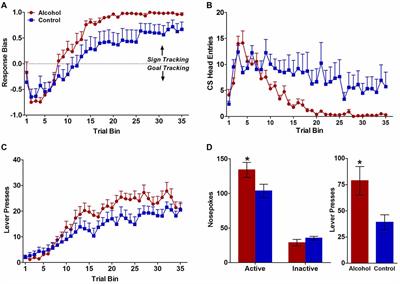
ORIGINAL RESEARCH
Published on 21 Jul 2017
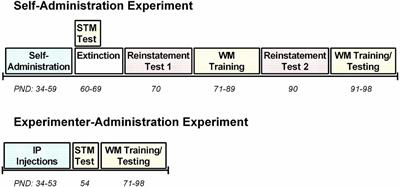
MINI REVIEW
Published on 20 Jul 2017
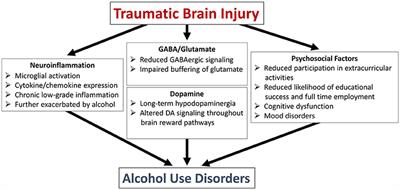

Frontiers in Neuroscience
Child and Adolescent PsychiatryOffline
Frontiers in Pharmacology
Frontiers in Psychiatry
NeuropharmacologyOffline